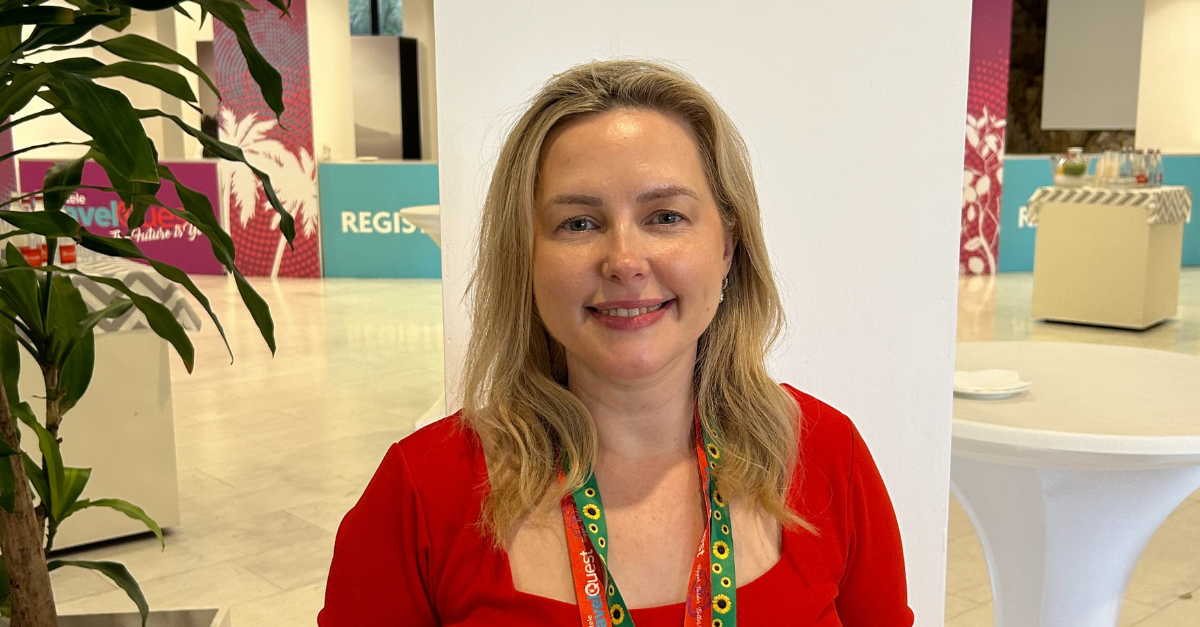At a recent industry conference, the spotlight was on the pressing need for better training on accessibility. The discussion highlighted how the travel sector can support individuals with hidden disabilities.
Currently, the travel industry faces challenges in adequately serving travellers with additional needs. Industry experts argue that more comprehensive training is necessary to bridge this gap and ensure inclusivity.
The conference underscored the need for continuous training rather than one-time sessions. Ireland-based agent Doey Mulligan emphasised that accessibility needs to be integrated from top to bottom within the industry. Referring to her personal experience with hidden disabilities, Mulligan pointed to the need for a broader understanding, symbolised by the sunflower lanyard.
Agents need to walk in the shoes of those with less mobile capabilities, literally. Mulligan encouraged delegates to consider accessibility metrics such as distance to amenities. This not only enhances understanding but aids in delivering tailored services.
Shahzad recommends integrating questions into natural conversation, avoiding overwhelming the client. In doing so, agents foster a more supportive and understanding environment for clients seeking accessible travel options.
Freeman noted that individuals with additional needs represent a substantial demographic. Providing them with opportunities to assess suitability before committing to travel plans can lead to increased customer satisfaction.
Research into local customs and legalities plays a pivotal role in ensuring that all client needs, particularly those with protected characteristics, are respectfully addressed. This comprehensive approach is essential for maintaining high service standards.
This approach ensures training resources remain relevant and comprehensive, adequately preparing agents for diverse scenarios they may encounter in their professional roles.
Agents must take proactive steps in finding out client needs rather than relying solely on clients to speak up. This involves being inquisitive and empathetic, enabling a better service tailored to individual requirements.
Ultimately, enhancing accessibility training is crucial for meeting diverse traveller needs. By integrating ongoing education and proactive client engagement, the travel industry can make significant strides towards inclusivity.
The entire industry stands to benefit from adopting a more inclusive approach, ensuring every traveller’s experience is comfortable and fulfilling.

